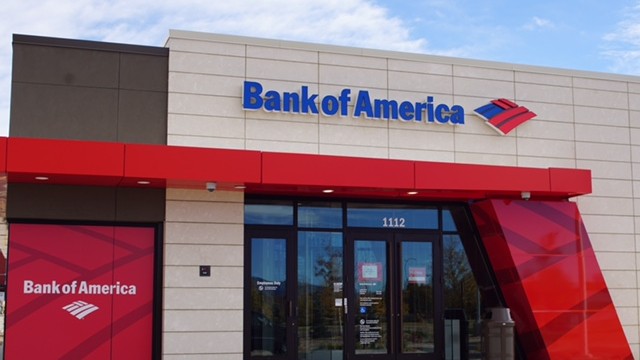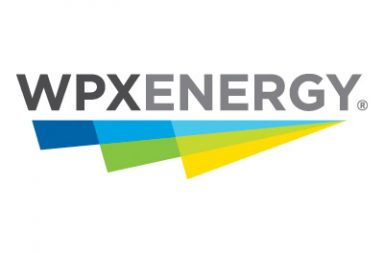Banking stocks are posting solid gains on the back of the Republican party winning the U.S. presidential elections. The prospect of lighter regulation and higher interest rates is outweighing issues over new trade policies. Bank of America Corp (NYSE:BAC) has made a place in the list of gaining banking stocks. It should be noted that bank shares have been plagued by Dodd-Frank guidelines and a climate not favorable to supporting a robust level of economic growth.
The highlights
Bank of America has remained a favorite stock of investors for quite some time. Its stock has priced a slight amount of growth when applied discounted earnings evaluation. It’s safe to note that it could be broken and offered for far above than the shares price when investors use total of the parts assessment, it’s PE ratio is extremely low for this market.
Additionally, the stock’s net payout yield, which sums stock repurchase to dividend yield and links to the shares price, is attractive also, particularly when seeing the dividend growth rate.
When Bank of America posted its third quarter earnings earlier in the month, it announced that its book value per share was $24.19, a jump of 8% from a year earlier. Since the prevailing stock price is in the range of $16-$18 range, shareholders can buy Bank of America stock for a price that is much less when compared to the liquidation value of the firm. It is a situation that is specifically reserved for firms that are under significant stress.
However, it is not the case with Bank of America as it is stronger than ever, and it is growing along with the international economy. To point more how cheap BAC stock is, it would require a 50% jump from the existing shares price just to reach close to liquidation value.
Bank of America is designated a SIFI, it is deeply controlled by the Federal Reserve. It has to pass a stress test each year and also seek permission to return investment in the form of share repurchases or dividend increases.

THE MORNING REPORT
Start your workday the right way with the news that matters most.
Your information is 100% secure with us and will never be shared Disclaimer & Privacy Policy
The Fed Reserve will usually only permit around 30% of earnings to be dispersed through dividends, and will usually steer firms towards share repurchase plans. This excess income goes on the balance sheet as stockholder equity and hence, book value rises. Thus, in every normal year, the bank’s book value per share is mostly guaranteed to increase.





